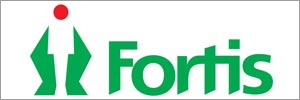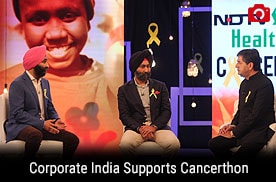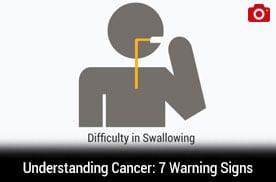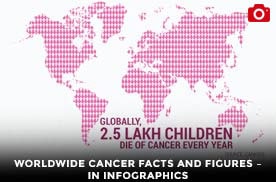Don’t Ignore High Blood Pressure – Dr. Upendra Kaul
High blood pressure is the primary factor for heart diseases. So, it’s important that you have your blood pressure checked regularly by your healthcare provider. Read on to learn about blood pressure and how it can be managed.
Nowadays it is very common to hear that someone is having a high Blood Pressure (BP). Medically it is also called hypertension. It usually has no symptoms. However, if not treated on time or kept under control, it can be one of the major factors for heart disease and stroke.
BP is typically recorded as two numbers, written as a ratio. One number records BP when the pressure is at its highest — this is called systolic pressure. The other one is called diastolic pressure — is also the lower of the two numbers — that measures the pressure in arteries between heartbeats (when the heart muscle is resting between beats and refilling with blood). The normal level of BP is usually about 120 (systolic) over 80 (diastolic).
If you have been told that your BP is higher, then you should discuss this with your family doctor. The higher your BP, the greater is the risk of heart attack or stroke.
Causes of high Blood Pressure
Often it is said that there is no single cause for high blood pressure. A number of factors combine to raise blood pressure and high BP tends to run in families.
Being overweight, too much of alcohol consumption, eating too much sodium and not eating enough fresh fruits and vegetables may lead to an increase in BP. As you grow older, your BP increases. In a very few people, there is a specific cause for high blood pressure and removing the cause can produce a ‘cure’.
Identifying your high BP
The only way to find out if you have high BP is by measuring it. A person with high BP may feel physically fit, look healthy and rarely has any symptoms. Blood pressure varies with age and depends on how active you are before it is measured.
One high reading does not necessarily mean that you have high BP. The doctor will usually want to check your BP several times, before reaching the conclusion whether you have high BP or not. If you are nervous or anxious, the measurement can be higher than usual.
The more BP readings you have, the more accurate your diagnosis of high BP will be, particularly as BP fluctuates throughout the day and night.
24 hour monitoring
If your BP is more than 140 over 90, you should have it monitored over 24 hours. Your doctor may suggest you to buy a reliable BP monitor and measure your BP regularly at home. This gives your doctor a number of BP readings to help him decide if you need treatment for your high BP problem or it is just ‘white coat hypertension’. Almost half the number of people who get their BP checked in clinics have ‘white coat hypertension’. This happens because people become anxious about having their BP checked and in turn their BP levels get raised.
In mild cases, the doctor may recommend the following changes in your lifestyle:
• Be more physically active
• Maintain a proper body weight
• Stop smoking
• Eat a diet rich in fruit and vegetables and low in fat and salt
• Cut down on alcohol
These lifestyle changes may help you reduce BP. In some cases it may also bring high BP to a normal level, but for most of the people medication that lowers BP will be required.
Complications of high Blood Pressure
High BP can cause heart attack, heart failure, stroke, kidney failure and peripheral arterial disease (poor blood circulation in your legs). These problems can be avoided if your BP is controlled.
Medication recommended
For most of the people having high BP, medicines prescribed by the doctor will reduce BP to normal or correct level. Your doctor may organise further 24-hour BP monitoring for you after starting treatment to make sure these new tablets have brought your BP down to normal. Your doctor will decide and prescribe medication and dosage as it varies from person to person, and depends on how the BP responds to the treatment.














Don’t Ignore High Blood Pressure – Dr. Upendra Kaul | NDTV-Fortis Health4U